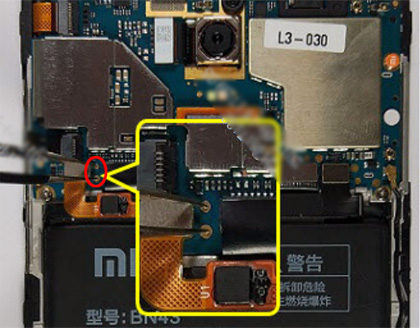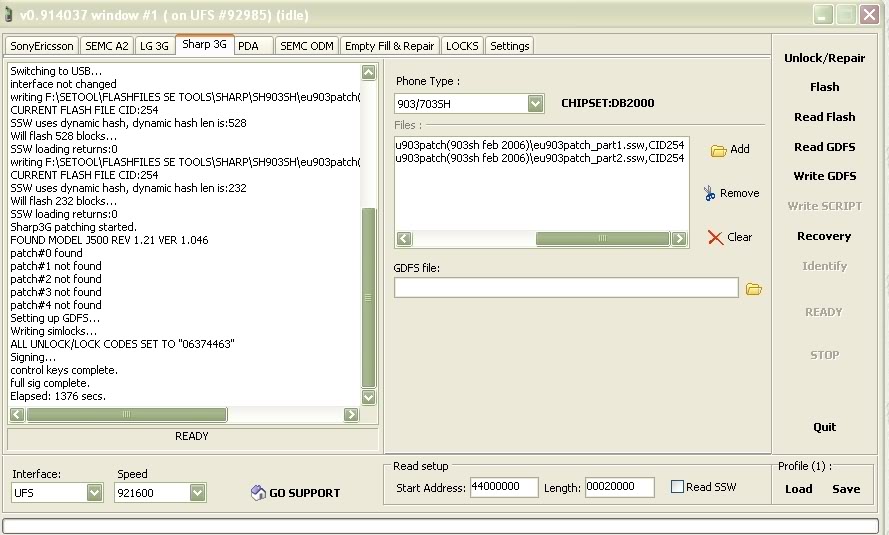

Culturing bacteria used to be a slow and expensive process, but new technology means scientists can identify bacteria quickly by looking at their genes. Other tests (typically called ‘microbiome’ tests) look at all the bacteria in your gut. They are helpful but-because they only look for one thing-they don’t give you an overview of your gut as a whole.


These tests are useful for people who need a specific answer to a specific question (i.e. The NHS also uses stool tests to look for blood in people’s poo, which can be an early sign of bowel cancer. For example, if someone has recurrent diarrhoea, a doctor might order a stool test to look for the bacterial strain Clostridium difficile. The NHS uses stool tests to look for a particular type of bacteria or substance. Anyone can take a stool test, though they’re used for different reasons: Stool testing purpose, procedure, duration and resultsĪ stool test involves analysing a sample of your stool (poo) for bacteria, microbes and special markers of gut health. Read on to discover how to choose a stool test, how to take it and-most importantly of all-how to understand your results. Are you thinking about taking a stool test? From finding a good test kit to working out whether you need to check for parasites, this article is a comprehensive guide to stool testing in the UK.


 0 kommentar(er)
0 kommentar(er)
